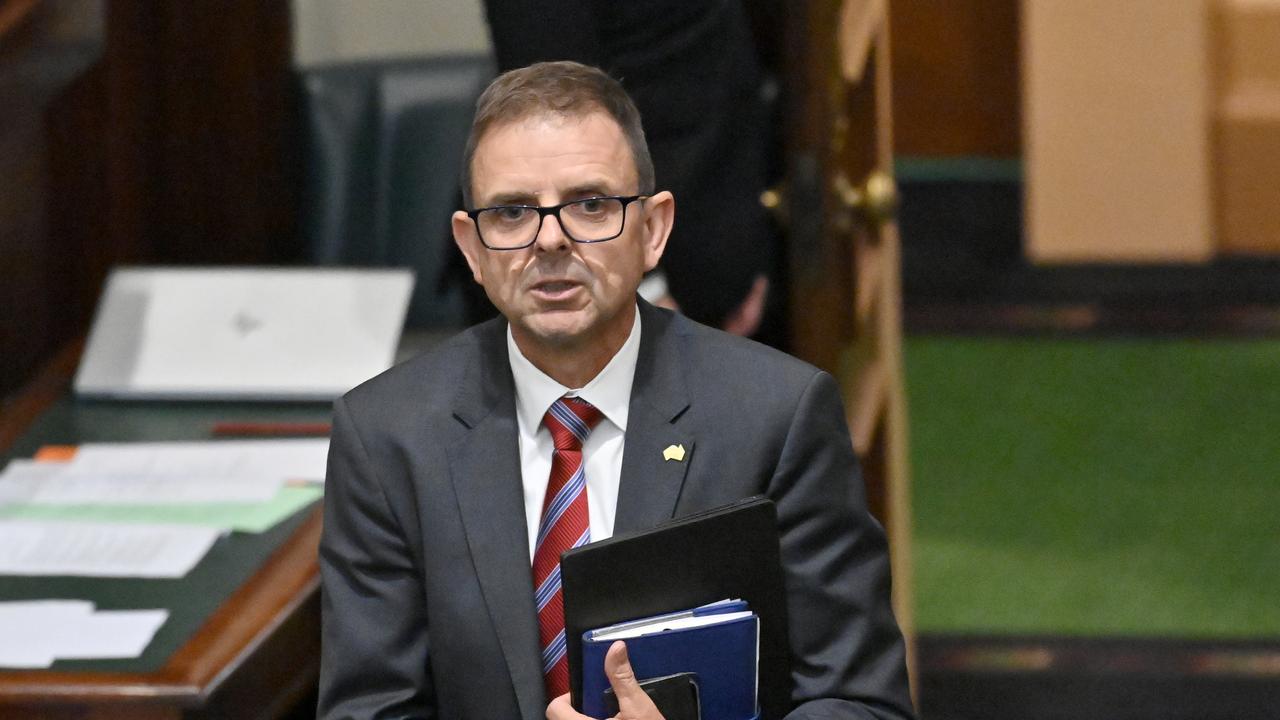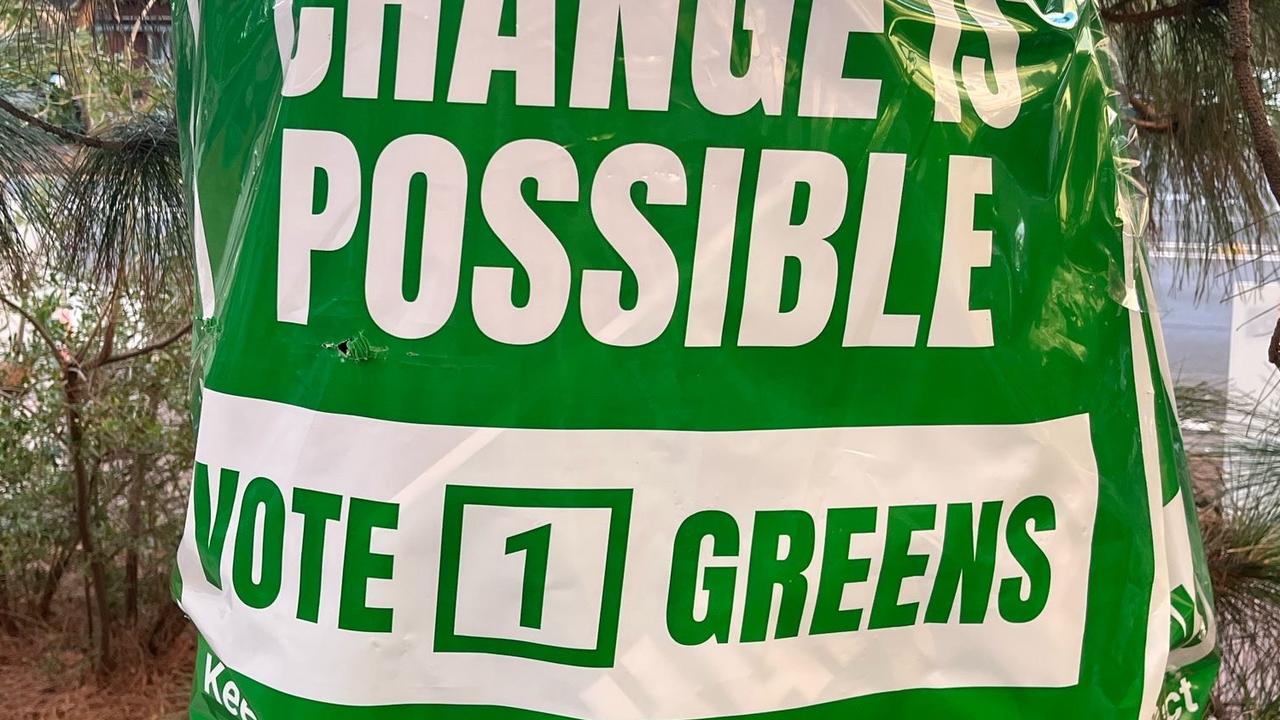Irrigators say water buybacks are an ‘inevitable’ River Murray back-up plan amid worries about securing 450 GL
Irrigators will have to make economic sacrifices, some say, to help improve the River Murray’s health, amid worries about securing Basin Plan water.
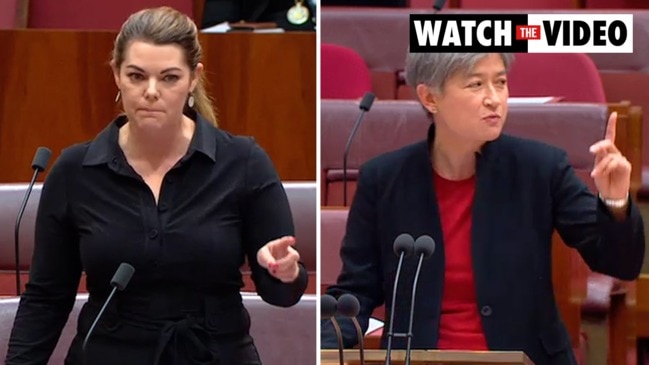
SA News
Don't miss out on the headlines from SA News. Followed categories will be added to My News.
Water-entitlement buybacks should be put back on the table as part of plans to ensure the river system returns to good health, according to some River Murray irrigators.
It follows recent rumblings in Canberra over the future of the Murray-Darling Basin Plan, after two National Party MPs tried to move amendments scrapping the requirement to recover 450 gigalitres for the environment, and Water Minister Keith Pitt losing his position in Cabinet.
Meningie-based Sam Dodd, whose family’s connection to the Coorong dates back to the 1850s, has watched the Narrung Peninsula’s number of irrigated dairy farms drop from 22 in 2005 to just two, including his own.
He said the decline was brought on by several factors including the Millennium Drought, high water prices, a downturn in the dairy industry and some farmers selling their water entitlements.
Mr Dodd, whose family was among those who sold their entitlements in 2014, acknowledges that more buybacks would strip money and families from river communities.
“(But) if we want a reasonable environmental outcome in the Lower Lakes and Coorong, it actually comes from a true economic sacrifice,” he said. “If we don’t have a river that flows to the bottom end, either way we won’t have irrigation.”
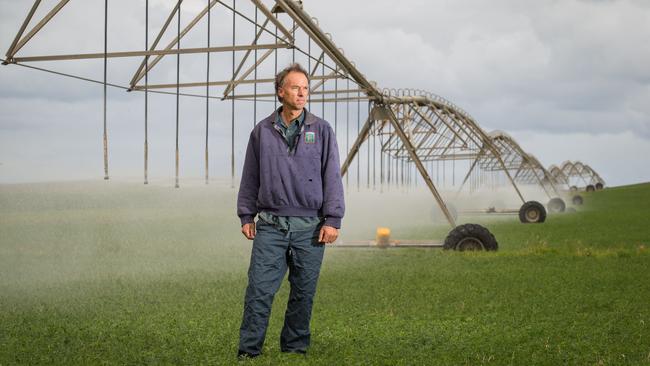
The federal government’s on-farm water-saving program was scrapped earlier this year, with just 0.2GL recovered since 2019 – only .04 per cent of the 450GL in additional water it was trying to return to the basin.
It was replaced with a program focused on improving infrastructure off of-farm properties. Another 16GL is contracted to be recovered, largely through plans to upgrade ageing water infrastructure in the Goulburn-Murray district, in Victoria.
However, fears have been raised that the program won’t deliver the 450GL considered vital for the Coorong and Lower Lakes’ health.
“The back-up plan will inevitably have to be buybacks,” Mr Dodd said.
“There’s always somebody willing to sell their water at the right price.”
In September, Mr Pitt said buybacks were off the table, describing them as a “blunt tool” communities did not want. But SA Murray Irrigators chairwoman Caren Martin said they were the most economically efficient way to recover water – and would be taken up by farmers looking to retire.
“The irrigator shouldn’t be discouraged from using his lifelong assets to retire with dignity,” she said.
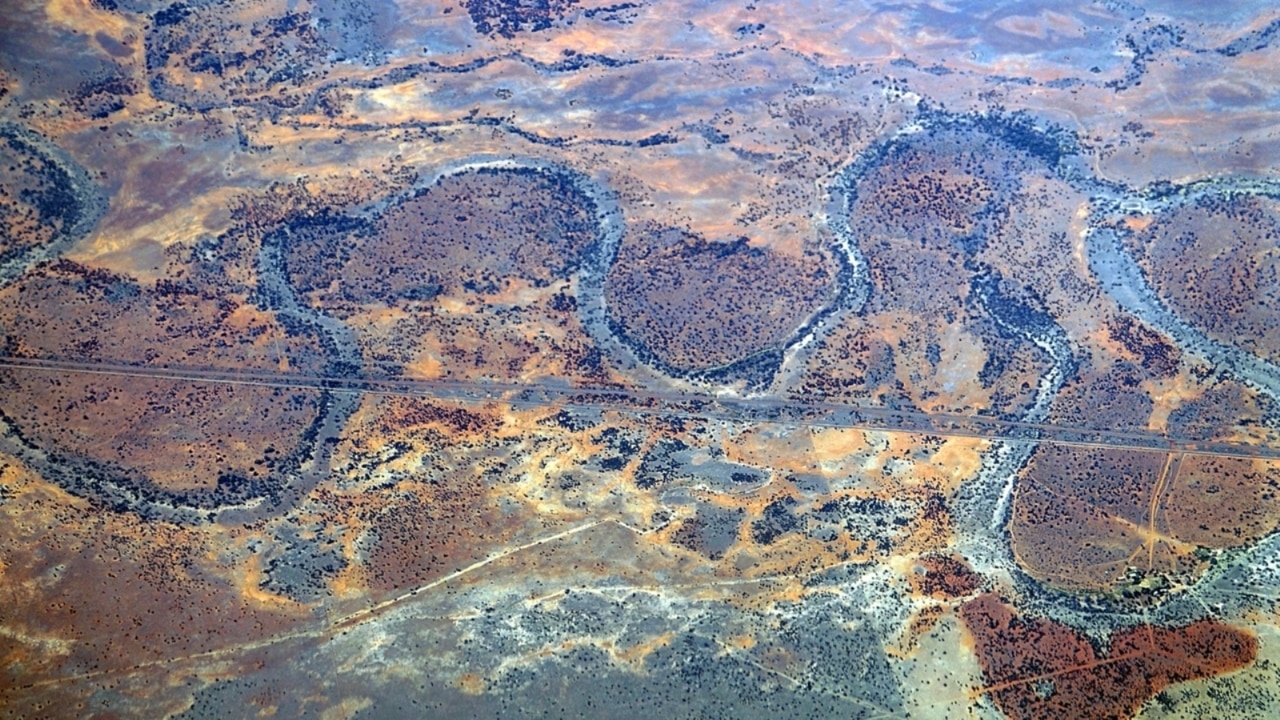
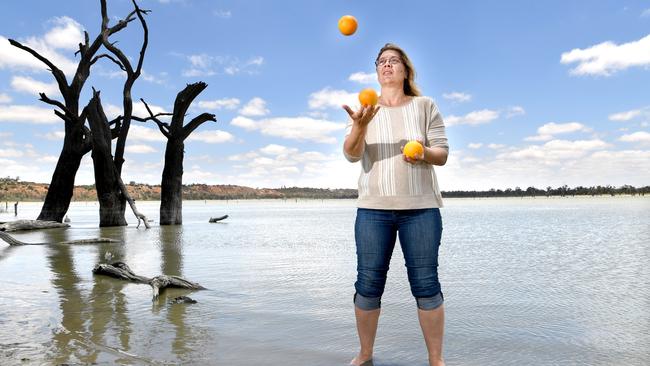
“Some farmers have built their farms and water assets as their retirement.
“They’ve done it for 50 years or more. Why can’t they use it in any way they see fit?”
Mrs Martin said a “social offset” was needed, ensuring communities weren’t left worse off, such as governments investing money in local projects and upgrades.
Water returned through buybacks could then be used by the Commonwealth Environmental Water Office and Indigenous organisations to improve the basin’s health and deliver water when animals needed it.
But Gavin McMahon, chief executive of the Barmera-based Central Irrigation Trust, said the communities his organisation represented would not support water buybacks.
“A lot of buybacks have come out of our communities and we believe that’s enough,” he said.
“The program for the 450GL was always developed so it had a neutral impact on communities. If you look at communities like ours, the key economic driver is irrigation.”
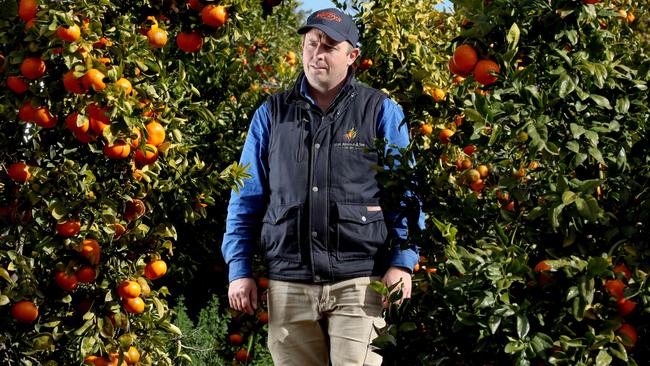
Mr McMahon said more discussions were needed to consider whether the 450GL could be recovered in other ways.
“If you look at the reports about the health of the river system – and we’ll focus on the Riverland – all the indicators are that things are improving,” he said.
“We’re disappointed and starting to realise that they can’t create those low-level flows in the Riverland, and that was a prerequisite of recovering significantly larger volumes.”
State Water Minister David Speirs said buybacks should only be used as a last resort. “Over recent months, we’ve seen more action to deliver the Murray-Darling Basin Plan than ever before and I want basin jurisdictions to just get on with delivering water-efficiency projects which are a win-win situation for our environment and regional economies,” he said.
“However, if we do fall short of our water-recovery targets, I think buybacks would need to be used.”
Waikerie citrus grower David Arnold does not support buybacks, favouring keeping as much wealth in the regions as possible.
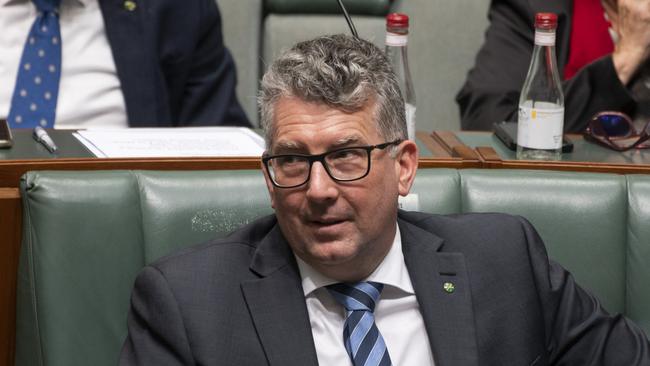
He said the sale of Riverland blocks without water entitlements had previously led to dead orchards, creating potential biosecurity issues.
Mr Arnold said the recent “political posturing” in Canberra was “just noise” amid a harvest made more challenging by labour hire issues.
He said the 450GL should be reassessed to determine if all of the water was still needed.
No river sellout, pledges senator
The issue of the River Murray’s health will still be strongly represented in national cabinet, South Australian Liberal senator Simon Birmingham says – even though the Water Minister no longer has a seat at the table.
“There’s multiple people, including myself and (fellow SA senator) Anne Ruston who have held responsibilities for the water portfolio sitting around the cabinet table,” Senator Birmingham said, following Keith Pitt’s move out of cabinet.
He said there was “no shortage of knowledge and ability” to ensure SA’s voice was heard. “We’ve made it very clear that we’re not deviating or turning when it comes to the implementation of the (Murray-Darling Basin) Plan.”
Asked about whether he supported water buybacks, Senator Birmingham said investing in projects that enabled farmers to produce food more efficiently with less water was preferable to taking farms out of production.
“This has never been an easy process and it does still rely on co-operation from upstream states,” he said.
“And it’s important to have continuity of leadership at this time.”
Mr Pitt reiterated that there would be “no more buybacks” to secure the
450 gigalitres of promised water. He said the Coalition government was committed to the Murray-Darling Basin Plan.
“There are still three years to go until 2024, and there is still around $4bn available to support projects to help meet the basin plan targets,” Mr Pitt said.
“This is $4bn that should be out in communities, improving water infrastructure and creating jobs.”



